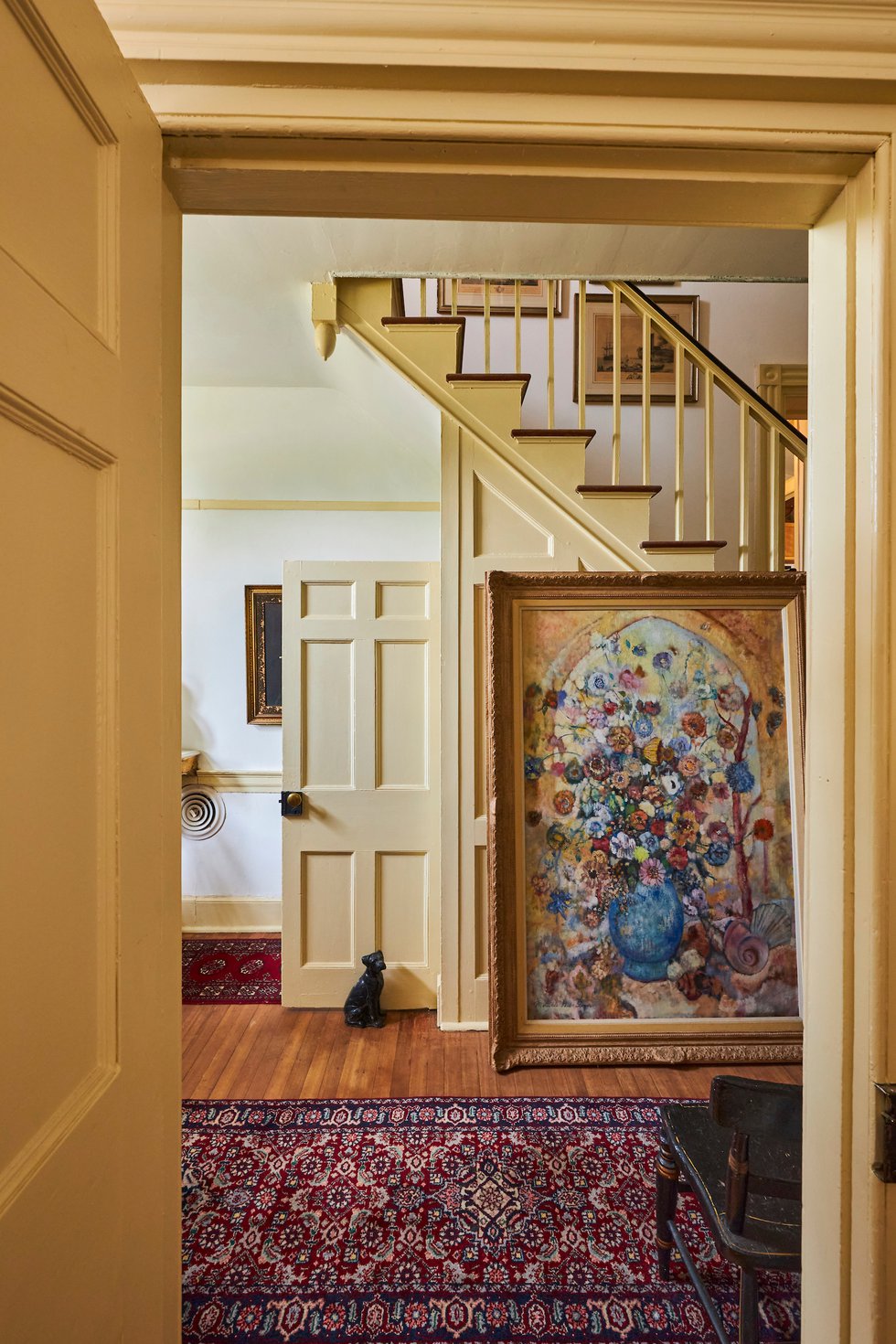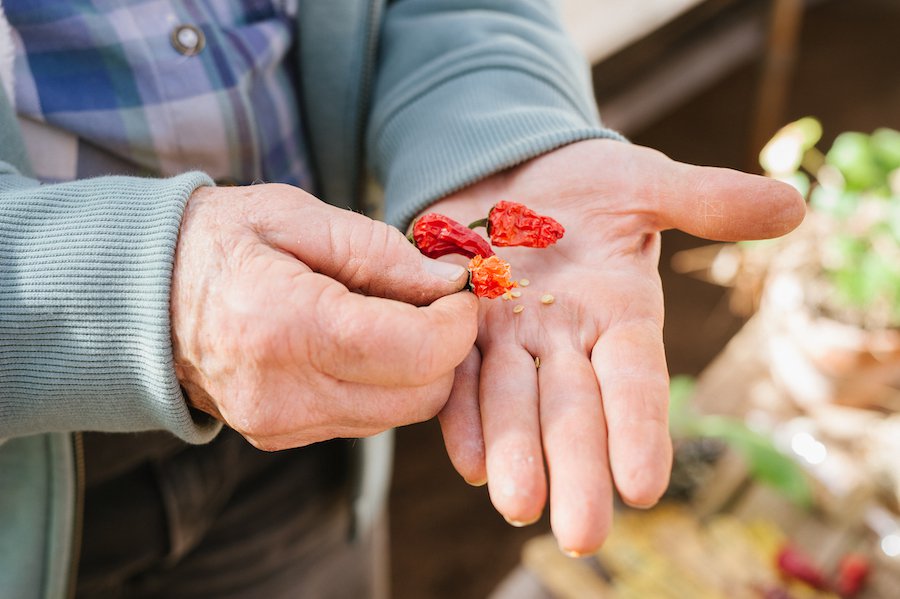How do we divest ourselves of family artifacts and yet still honor the past?

Who decides whether to keep or dispose of the grandfather clock, the four-poster bed or long-ago love letters? Whose ultimate responsibility is the stuff of past generations? How much of our legacy is tied to the belongings of our parents and ancestors?
After my father’s death 10 years ago, I resisted the answers. He and my mother—who had died 18 years earlier—were both only children. So am I. They had inherited, incorporated and slowly sold and given away family belongings. Now it was my turn.
My parents started their marriage on a dream and a dime, and while working up the New York ladder, they carefully saved to return to Virginia and build their future home. My father lived in his Charlottesville house for nearly 50 years. When I inherited and reluctantly sold his house, I replaced our early purchases with my mother’s treasured antiques and flea market finds. I tried to find perfect homes for other valued possessions. I gave some of my father’s favorite books to my favorite people. I gave my parents’ silver fish forks and sugar spoons as house presents. We delivered my family’s dining room table and chairs, a sideboard and chest of drawers to my daughter and her husband’s first home. Other pieces were crated to storage, awaiting my son’s move to his own home. It took a decade. I tried to reconcile too many years of storage bills with the belief that one day everything would find its proper place and that my children would want—even prize—the remaining family furniture.
But along with rescued lamps, mirrors, books and paintings was the invisible family flame. How could I divest and still honor my family’s past? How could I preserve the stories that spoke from every object and piece of paper? Forgotten sales slips, contracts, photographs and postcards were jumbled in boxes beside hammers and broken bric-a-brac. Faded grocery receipts shared space with my great grandfather’s letter of permission for his daughter, my grandmother, to marry her soon-to-be husband, and with another note, written by my grandmother during labor, reporting my mother’s imminent arrival.
Ironically, I found an essay voicing my mother’s own distress: “When my grandfather died, there were 10 trunks full of old letters, photographs and memorabilia in the attic,” she wrote. “There they stayed until my mother died 25 years later…. I couldn’t bring myself to just pitch…it didn’t seem right. Now as the senior member present, I felt it was up to me to become the family archivist. I made nine scrapbooks, and 10 years later I am still sorting, but coming to the finish line.”
I shared my mother’s dilemma as I, too, eyed endless boxes, and pasted letters, documents and reminiscences into some 20 scrapbooks, discovering family narratives en route. Compiling my grandfather’s papers, I came to a fond kinship with a man I’d never known—an enterprising freelance editor and journalist who died when my mother was nine. I cherished tender letters written daily by my parents during World War II—my father in the Pacific and my mother looking forward to his homecoming. Had they saved these intimate love letters for themselves, for me or for posterity?
My biggest concern became all too clear when I met an auction dealer assigned to cart off the last family furniture in storage. There stood the four-poster bed in which my mother, father, grandmother and earlier descendants had died. My mother saved a letter claiming that the bed had been in her family since 1800, and that Lafayette likely slept in it during an 1824 visit to Charlottesville. I remembered sitting at the end of this lofty bed making paper dolls with my grandmother. I pictured my mother tiptoeing to fit brass finials into the bed’s four posters. I saw my father retiring to bed, rereading his well-worn Shakespeare once again.
However esteemed the bed, no one in our small family felt it fit his house. Still, my guilt soared watching the bed trucked off and reassembled on the auction house floor. My son-in-law saw my discomfort and asked if I’d thought of donating the bed to an historical home. It had never occurred to me.
I contacted Ash Lawn, home of President James Monroe, and was astonished when the director said she’d love to have the bed, and if donated, would house it in guest quarters adjacent to Monroe’s home with a plaque to explain its origins. Though delighted at the prospect of the bed being in an historic setting, I still felt badly that the four-poster would leave our family. The auction house appraiser eased my conscience, saying, “Think of it this way: Your family’s bed will be well looked after, and you have spared your children a decision they won’t have to make when you’re gone.”
That was just the right thought. I suddenly felt lucky to have the four-poster in such a suitable place. Ideally, I would find perfect homes for all my family’s possessions. If not, as guardian of my parents’ memories, I could hold on or let them go. I chose to keep the stuff that offered the richest memories and to let go of what might burden the next generation.
When I later visited the family bed, I found it waxed, polished and royally draped in period finery, ready to welcome guests past and present. I snuck a moment to pat the pillows, hoping that my ancestors—and my children—would be pleased, and all sleep in peace.









